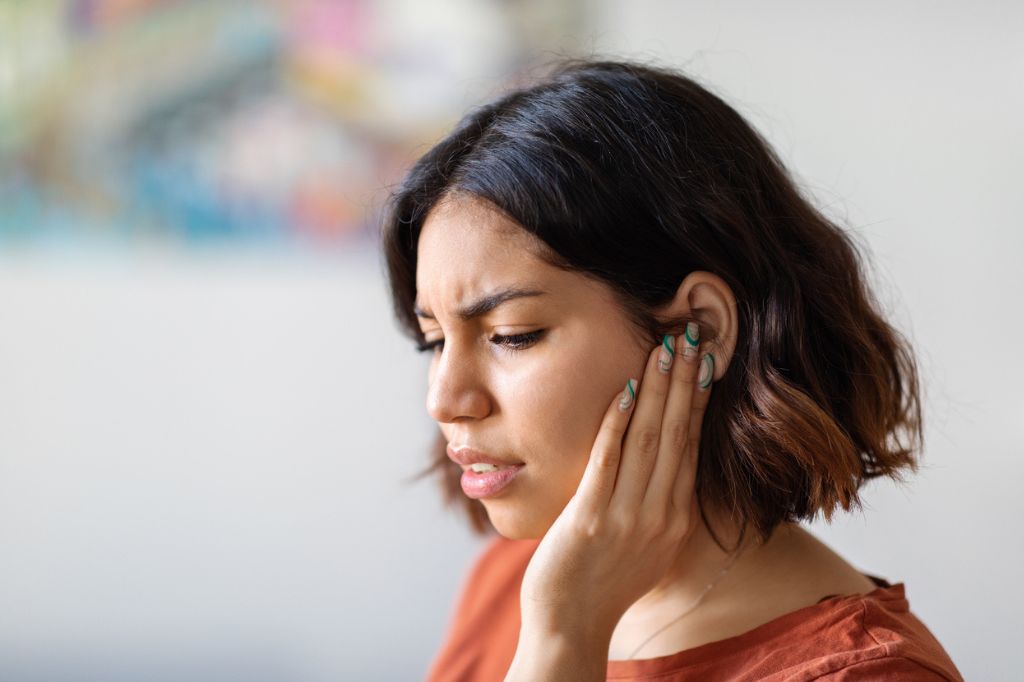
5 Questions to Ask Your Allergist
If you’re one of the 50 million Americans who suffer from allergies, you may be thinking about making an appointment with an allergist who can help you manage your allergies and get them under control. However, before you visit the allergist, it’s important to be prepared. One way to do this is by creating a list of questions to ask. Not sure what to ask? These five questions may be a great place to start.
1. What Changes Can I Make To Reduce Allergy Symptoms?
One of the best ways to reduce allergy symptoms is by making some changes in your environment or lifestyle. Sometimes it’s as simple as using a different laundry detergent or switching to hypoallergenic bedding. An allergist may help you identify a few changes that could make a big difference in your symptoms.
What Are Some Possible Changes I Can Make?
Typical changes that may help reduce allergies include:
- Changing your diet
- Washing your bedding in hot water once a week
- Vacuuming frequently and using a HEPA filter
- Avoiding pet dander by keeping pets out of the bedroom
- Keeping the windows closed during allergy season
- Avoid smoking and secondhand smoke
- Staying indoors when pollen counts are high
- Wearing a dust mask when cleaning or doing yard work
Your allergist will be able to help you identify other changes that may be helpful based on your specific allergies. By making some simple changes, you may be able to significantly reduce your allergy symptoms without medication.
2. What Tests Will You Use to Make a Diagnosis?
Your allergist will likely ask about your symptoms and medical history during your visit. They may also recommend one or more tests to determine what you’re allergic to. The most common allergy tests include skin prick tests, Intradermal Allergy Skin Tests, and blood testing.
Prick and Intradermal Allergy Skin Tests
Prick and intradermal allergy skin tests are the most common type of allergy tests. A small amount of allergen is injected into the skin on your arm. If you’re allergic to the substance, you may develop a raised, itchy bump.
These tests are generally used to test for allergies to pollen, dust mites, pet dander, and insect stings. Your allergies will be classified based on the size of the bumps. The allergist will then use this information to develop a treatment plan.
Blood Testing
Blood testing may be used if skin tests are not an option. This type of test is generally used for food allergies. A small blood sample is taken and tested for antibodies to the allergen. Blood testing may also be conducted to test for allergies to substances that can’t be injected into the skin.
Your allergist will determine which tests are necessary based on your symptoms and medical history. While these tests are among the most common, other tests may be used as well.
Other possible tests include:
- Patch test – Small amounts of allergens are applied to the skin and left for two days
- Elimination diet – You eliminate potential allergens from your diet for a period of time and then slowly reintroduce them
- Food challenge test – Small amounts of potential allergens are consumed under medical supervision.
Do not try any of these tests at home. Allergy testing should only be done by a trained medical professional.
3. What are My Treatment Options?
Once your allergist has conducted testing and made a diagnosis, they will develop a treatment plan. The goal of treatment is to reduce your symptoms and make you as comfortable as possible.
This might include:
Allergy Shots – Also called immunotherapy, this treatment involves receiving small doses of the allergen over time. This helps your body build a tolerance to the allergen and may reduce your symptoms.
Medication – Over-the-counter and prescription medication may be used to relieve allergy symptoms. Antihistamines, decongestants, and corticosteroids are among the most common medications used to treat allergies. However, these medications may not be as effective for severe allergies.
Avoidance – The best way to reduce your symptoms is to avoid the things you’re allergic to. This might involve staying indoors on high pollen days, using a HEPA filter in your home, and avoiding foods that trigger your symptoms. Unfortunately, avoidance is not always possible or practical.
Other treatment options include:
- Biologics
- Nasal polyp treatment
- Oral Immunotherapy for Peanut Allergies
4. What Symptoms Should I Look Out For?
It’s essential to be aware of your symptoms and how they change over time. This will help you and your allergist determine the best course of treatment. If your symptoms are severe or you experience a sudden change in your symptoms, seek medical attention immediately.
Some common allergy symptoms include:
- Sneezing
- Runny nose
- Itchy, watery eyes
- Itchy nose, throat, or roof of the mouth
- Nasal congestion
- Coughing
- Wheezing
- Difficulty breathing
Food allergies may cause more severe symptoms, such as:
- Swelling of the lips, tongue, or throat
- Nausea
- Vomiting
- Hives
- Anaphylaxis – a severe, potentially life-threatening allergic reaction that requires immediate medical attention
5. What Are My Allergy Triggers?
Once you have been diagnosed with an allergy, it’s important to identify your triggers. Your allergist may help you understand your triggers and how to avoid them.
Your triggers will vary depending on your allergy. For example, if you have seasonal allergies, your triggers might be pollen or mold. On the other hand, if you have food allergies, your triggers might be certain foods or additives.
Common triggers include:
- Pollen
- Pet dander
- Dust mites
- Mold
- Insect stings
Identifying your triggers is an integral part of managing your allergies. Once you know what your triggers are, you can take steps to avoid them and reduce your symptoms. However, avoiding triggers alone is not a surefire way to prevent an allergic reaction.
Find Allergy Relief at Northeast Allergy
At Northeast Allergy, Asthma, and Immunology, we provide comprehensive care for patients of all ages. Our allergists are experts in diagnosing and treating allergies, asthma, and immunologic disorders. In addition, we offer a wide range of services, including allergy testing, immunotherapy, and medication management.
We understand how difficult it can be to live with allergies. Our goal is to provide you with the tools and resources you need to manage your symptoms and live a healthy, comfortable life.
Request an appointment with us today to get started.



